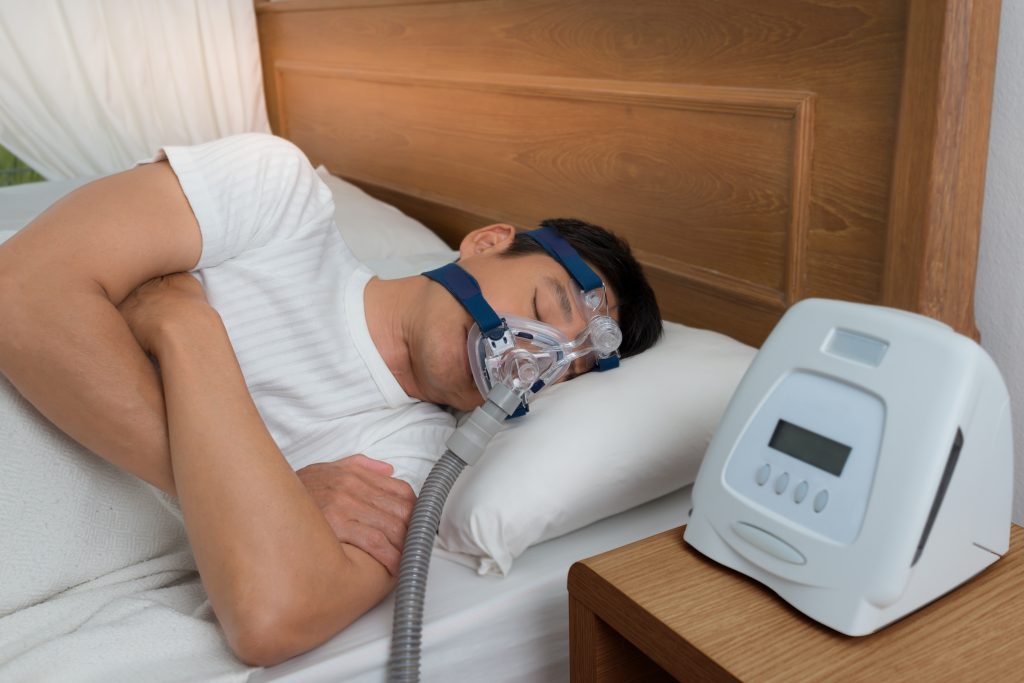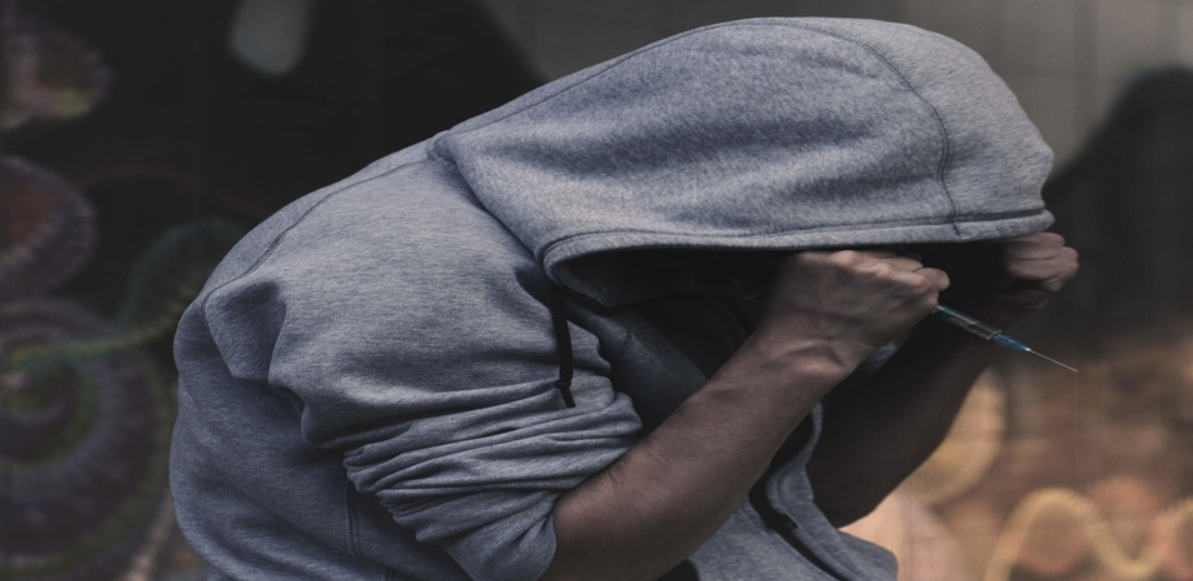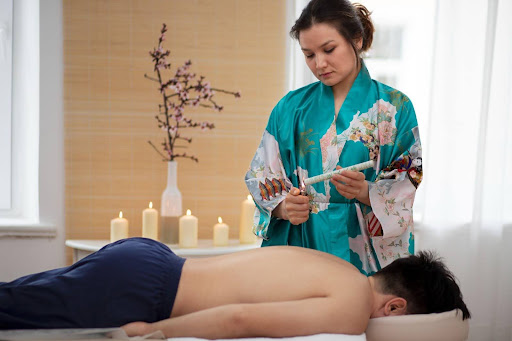Sleep Apnea in Singapore: Understanding Symptoms, Treatment, and Specialists

Sleep apnea is a common sleep disorder characterized by interruptions in breathing during sleep, leading to fragmented sleep patterns and potentially severe health consequences if left untreated. This article provides a comprehensive overview of sleep apnea Singapore specifically in the context of , covering its symptoms, available treatments, and the specialists who can help manage this condition effectively.
Understanding Sleep Apnea
Sleep apnea occurs when the airway becomes blocked or collapses during sleep, leading to pauses in breathing (apneas) or shallow breathing. The two main types of sleep apnea are:
- Obstructive Sleep Apnea (OSA): The most prevalent form, caused by relaxation of the throat muscles, leading to airway obstruction.
- Central Sleep Apnea (CSA): Less common, involving a failure of the brain to send signals to the muscles that control breathing.
Symptoms of Sleep Apnea
Common symptoms of sleep apnea include:
- Loud or Chronic Snoring: Often disruptive to bed partners.
- Pauses in Breathing: Witnessed by others during sleep.
- Excessive Daytime Sleepiness: Feeling tired despite a full night’s sleep.
- Morning Headaches: Due to oxygen deprivation during sleep.
- Difficulty Concentrating: Impaired cognitive function and memory problems.
Diagnosis and Evaluation
To diagnose sleep apnea, individuals typically undergo a sleep study, which may include:
- Polysomnography (PSG): Conducted in a sleep clinic to monitor brain activity, eye movements, heart rate, and oxygen levels during sleep.
- Home Sleep Apnea Test (HSAT): A portable device that measures breathing patterns and oxygen levels while sleeping at home.
Treatment Options
Treatment for sleep apnea in Singapore varies depending on the severity and type of apnea diagnosed. Common treatment options include:
- Continuous Positive Airway Pressure (CPAP): A CPAP machine delivers pressurized air through a mask worn over the nose or mouth, keeping the airway open during sleep. It is highly effective for OSA.
- Oral Appliance Therapy (OAT): Custom-fitted oral devices reposition the lower jaw and tongue to prevent airway obstruction during sleep. This is suitable for mild to moderate OSA cases and can be provided by dentists specializing in sleep apnea.
- Lifestyle Changes: Weight loss, avoiding alcohol and sedatives before bed, and improving sleep hygiene can help reduce symptoms in mild cases of sleep apnea.
- Surgical Options: In severe cases or when other treatments fail, surgical procedures such as uvulopalatopharyngoplasty (UPPP) or maxillomandibular advancement may be considered to enlarge the airway.
Sleep Apnea Specialists in Singapore
In Singapore, several specialists and clinics offer comprehensive care for sleep apnea:
- Sleep Medicine Specialists: Physicians specializing in sleep disorders who oversee diagnosis and treatment.
- ENT (Ear, Nose, Throat) Surgeons: Experts in surgical interventions to correct anatomical abnormalities contributing to sleep apnea.
- Dental Sleep Medicine Practitioners: Dentists trained in oral appliance therapy for sleep apnea management.
Conclusion
Managing sleep apnea requires a multidisciplinary approach involving accurate diagnosis, personalized treatment plans, and ongoing support from healthcare professionals. By understanding the symptoms, treatment options, and available specialists in Singapore, individuals can take proactive steps towards improving their sleep quality and overall health. If you suspect you or someone you know may have sleep apnea, seeking evaluation and treatment from qualified specialists is essential for better sleep and well-being.







